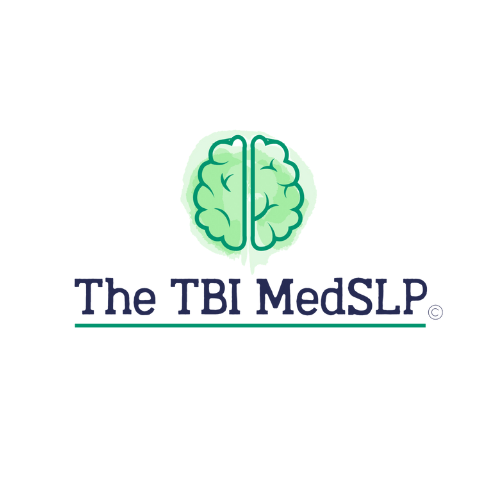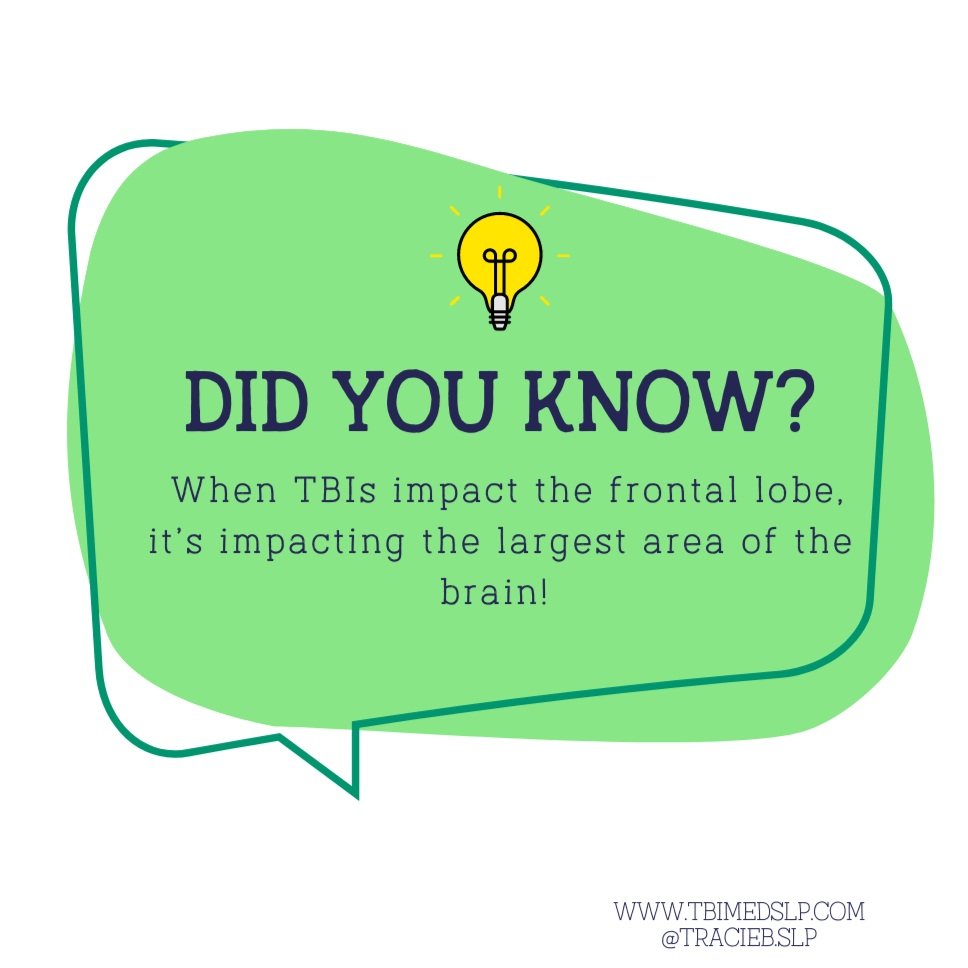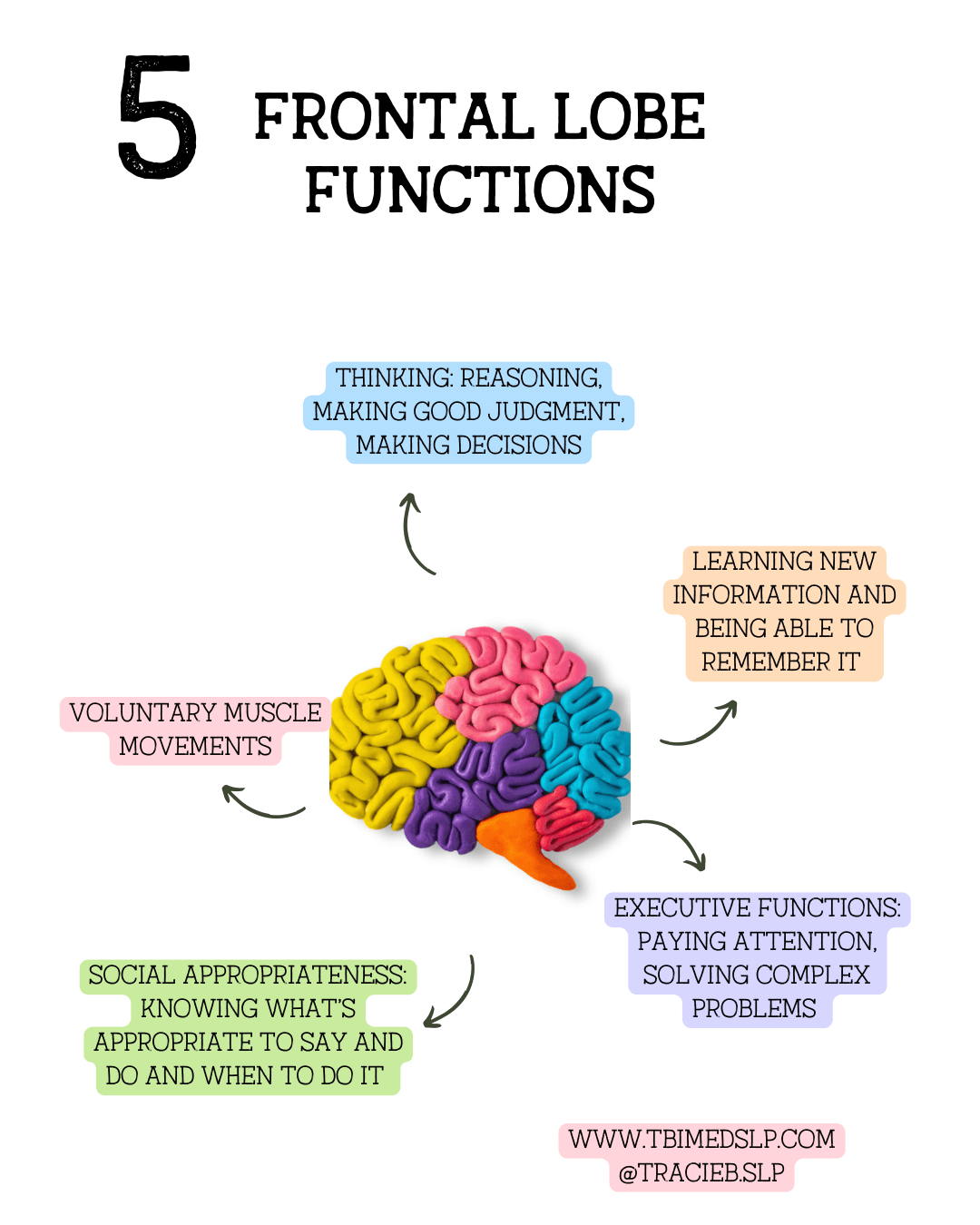The impact of TBI on the frontal lobe
Traumatic brain injury (TBI) is a life changing condition that impacts millions of people worldwide. The frontal lobe, known as the brain's control center, is especially at risk when it comes to the effects of TBI. The frontal lobe of our brain is responsible for our personality, decision-making, and problem-solving. Any damage to this area is significantly impactful. Understanding the impact of a traumatic brain injury on the frontal lobe is important for both patients and their loved ones. We are going to look at how a Traumatic Brain Injury (TBI) affects the frontal lobe, including its impact on behavior, thinking, and emotions.
In this post, we will also talk about ways to cope with traumatic brain injury and how to make life better after it. This post will provide helpful information to anyone who has experienced a brain injury, caregivers, or those curious about TBI. It will cover how TBI impacts the frontal lobe and offer strategies to handle it effectively.
The frontal lobe and its functions
The frontal lobe, located at the front of the cerebral cortex, is one of the brain's four major lobes. The frontal lobe is important for many cognitive functions and plays a role in the following areas: personality traits, decision-making, problem-solving, and social behavior. The frontal lobe is also involved in motor control, language production, and impulse control. It acts as the control center of the brain, coordinating and regulating other brain functions.
When a traumatic brain injury occurs, the impact on the frontal lobe can be profound. The severity of the injury and the specific area affected within the frontal lobe determine the extent of the impairments. In some cases, the damage may be specific to the area that's affected, while in others, it may be more widespread. It's important to know how the frontal lobe works and how TBI can affect it. This helps us understand how it can impact a person's overall well-being.
The impact of TBI on the frontal lobe
When someone has a traumatic brain injury, it can affect their frontal lobe in different ways. One common effect is changes in behavior, like personality and how they act with others. People who had a TBI might find it hard to control their emotions, be impulsive, or be socially inappropriate. These changes can make it tough for survivors to reconnect with their lives before the injury. It can also put stress on their relationships.
When the frontal lobe gets affected by a TBI, it can also cause problems with thinking.
TBI patients may have difficulty with:
Memory
Paying Attention
Executive Functions (planning and solving problems)
Decision-making might get harder, leading to making not-so-good choices and becoming more vulnerable. These changes in a patient's cognition can make it challenging for someone to be independent, manage daily tasks, and reach their goals.
Cognitive impairments of frontal lobe TBI
Injury to the frontal lobe can affect thinking, and these issues can vary depending on how bad the injury is. People might have trouble with their memory, both short-term and long-term. It can also be tough to pay attention and stay focused on tasks or conversations. Executive functions including: planning, organizing, and solving problems might become difficult, making it hard to handle daily and complex tasks on their own.
These thinking problems can change someone's life forever. Changes in cognition might make the patient feel frustrated, less confident, and cause problems in their relationships with others. This can happen both in personal life and at work or school.
Emotional and behavioral impairments of frontal lobe TBI
The frontal lobe is super important for controlling emotions, and if it gets damaged, it can lead to big emotional and behavioral changes. TBI survivors may experience mood swings, irritability, and difficulties in controlling their emotions.
Frontal lobe behavior impairments include:
Impulsive behaviors,
Act without considering the consequences
Struggle with anger management
Emotional and behavioral changes can:
Put a strain on the patient's relationships
Make the patient feel more isolated
Make it harder for the survivor to deal with everyday challenges.
Physical impairments of frontal lobe TBI
The frontal lobe mostly deals with thinking and emotions, but TBI can also cause physical problems. Depending on where and how severe the TBI is, people might have issues with movement. This can look like weakness, coordination problems, or even paralysis. Physical impairments can make it harder for to be independent and move around, without feeling like they need a babysitter.
But the good news is that rehabilitation and physical therapy can be helpful. They can help people recover physical function and feel better overall.
Rehabilitation and therapy options for frontal lobe TBI
Rehabilitation and therapy play a crucial role in the recovery process for individuals with frontal lobe TBI. Occupational therapy focuses on improving daily life skills, such as self-care, meal preparation, and household management. Speech therapy can help individuals overcome cognitive, swallowing, and communication difficulties. Physical therapy aims to improve motor function, balance, and coordination. These therapies target the unique needs of each individual. They can significantly contribute to their overall recovery and functional independence.
The importance of awareness and support for those affected by frontal lobe TBI
Traumatic brain injury can have a profound impact on the frontal lobe, affecting various aspects of an individual's life. Changes in behavior, cognition, and emotional regulation, can be challenging to navigate. With rehab, understanding, and support, people with frontal lobe TBI can improve and gain independence again. Coping strategies, therapy, and support can help recovery and improve navigating the challenges that come with a frontal lobe TBI.
It's critical to let people know about the effects of TBI on the frontal lobe. We need to ensure that TBI patients and their loved ones receive the support they need to thrive after the injury.




